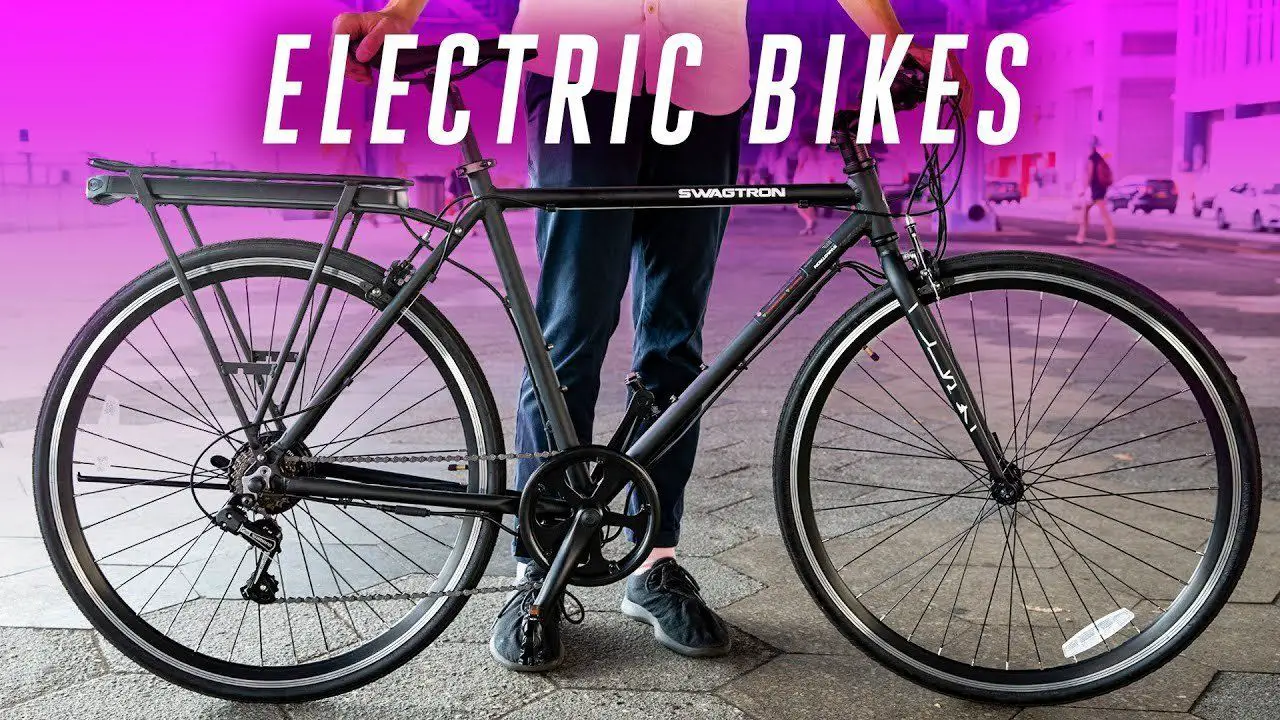Everything you need to know about e-bike
People are looking for ways to commute that are eco-friendly and which are not public transport then e-bikes are a solution and slowly gaining popularity. E-bikes are two-wheeled if you are using them to commute or as a way to get around in general


People are looking for ways to commute that are eco-friendly and which are not public transport then e-bikes are a solution and slowly gaining popularity. E-bikes are two-wheeled if you are using them to commute or as a way to get around in general, electric bikes have some significant advantages. The main advantage is it does not use a lot of effort to pedal.
Some people are skeptical about e-bikes because of their cost and weight. Resistance to electric bikes has dropped off in recent years and with good reason, they are a lot better, more affordable, and more fun to ride than they were a decade ago. There are few things you need to know about e-bikes.
i) Cost- Prices of e-bikes vary enormously, however, they are currently cheaper compared to ten years ago. Bikes cost under £1,000, probably a better entry point for most people would be at least £2,000. The E-Trends Trekker is just over £1,000 ($1,300) and the Gtech e-bike City is fractionally under. They're both acceptably good bikes that function well and have solid longevity. VanMoof S3 is just under £2,000 or $2,000
ii) How long do electric bike batteries last- Firstly, the range of e-bikes is important but if you commute every day, probably not as important as you think. Most modern e-bikes will easily do 30 miles on their top power setting before needing a recharge. For example, using the VanMoof S3 as a benchmark again is a mid-priced ride that has built-in lights, Bluetooth, GPS, and an anti-theft alarm. Yet even that will still do 37 miles on full power and 93 miles on its lowest power setting, and that still offers a decent amount of assistance.
You can get bikes with substantially longer ranges than that, but unless you are violently allergic to charging cables, ask yourself if you need more.
Secondly, the longevity of electric bike batteries is how long they last before dying entirely. Depending on how often you ride, how much assistance you use, how good the bike's battery management software is, how big the battery is in the first place and several other parameters you will get varying results but most e-bike batteries should last 3-5 years before they start to lose charge.
However it's not the case that your bike will immediately die when the battery loses charge, it just means your maximum range will diminish. Depending on how often and how far you habitually ride it, you could still get another 2-3 years of acceptable use out of it. Eventually, you will probably need to replace the battery, but maybe that is just nature's way of telling you it's time to buy a whole new bike.
iii) How to store bike after ride- When storing your electric bike, the most important thing is to keep it clean, dry, and fully charged, so that it will be ready for the next ride. Also, it is important to inspect it in case there any damages.
iv) Servicing e-bikes- Servicing your bike once or twice a year helps solve any potential problems hence keep it running smoothly. It's very similar to an electric bike and provided you care for it properly therefore, taking it to the professionals every six to 12 months is fine.
v) In case of electric fault- In case of electrical fault do not try to disassemble your bikes' battery or drive system. Because you might void your warranty, cause more damage, or even give yourself a bad electric shock. The first thing you should do is visit a professional bike shop to help sort the issue out.
Source: Duncan. B (2021) Should you buy an electric bike? Everything anyone really needs to know about e-bikes.




